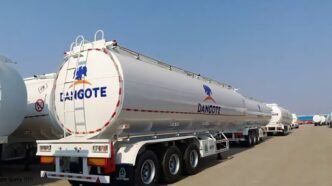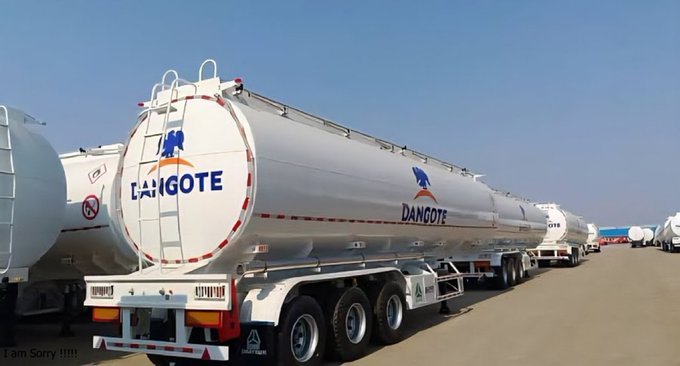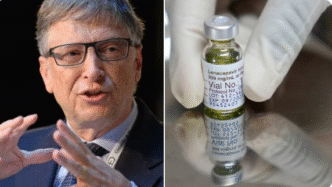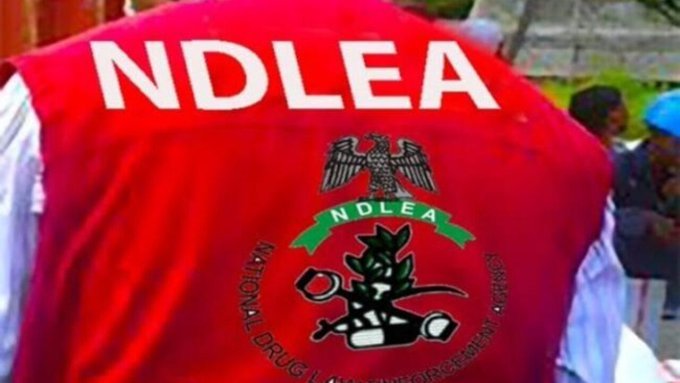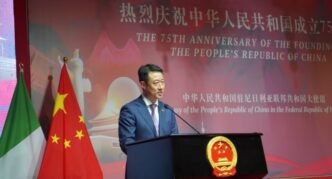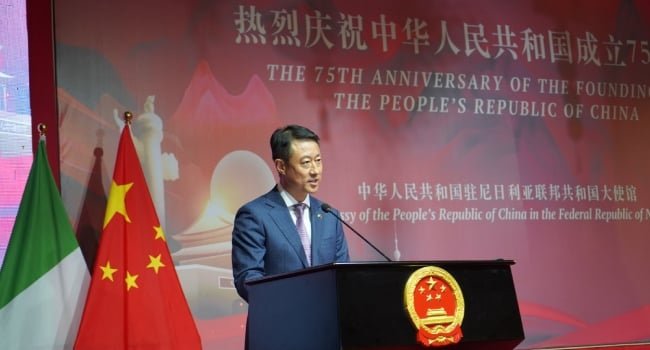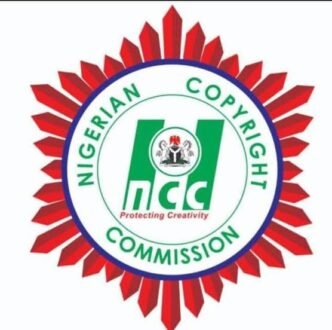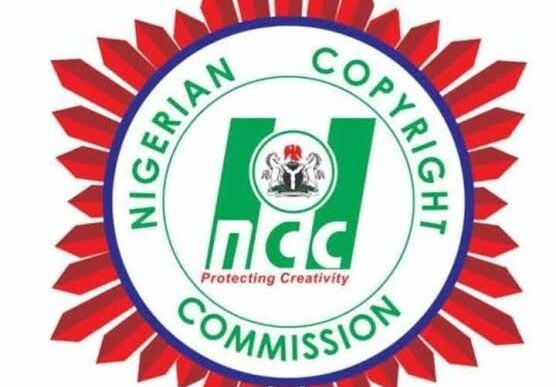Lagos, Nigeria – The Depot and Petroleum Products Marketers Association of Nigeria (DAPPMAN) has called on the Dangote Petroleum Refinery to make fuel supply more accessible to marketers and ensure that products are sold at affordable rates. The appeal comes amid persistent challenges in Nigeria’s downstream petroleum sector, where high costs, fluctuating foreign exchange rates, and inadequate distribution networks continue to affect fuel availability and pricing across the country.
The Dangote Refinery, Africa’s largest single-train refinery and one of the most ambitious industrial projects on the continent, began operations with much fanfare, raising hopes of stabilizing Nigeria’s petroleum supply chain. However, concerns are growing among marketers that fuel products are not reaching them in sufficient volumes, and that prices remain higher than anticipated.
DAPPMAN, which represents a broad coalition of depot owners and petroleum product marketers, is pushing for reforms in how the refinery distributes its products, warning that bottlenecks could undermine the refinery’s potential to transform Nigeria’s downstream industry.
DAPPMAN’s Concerns: Access and Affordability
In a statement issued after its most recent meeting in Lagos, DAPPMAN emphasized that while the Dangote Refinery represents a landmark achievement for Nigeria, the benefits must extend to all stakeholders within the petroleum supply chain.
“The Dangote Refinery is a national asset, and its success is critical to ensuring energy security for Nigeria,” a senior DAPPMAN official noted. “However, it is equally important that fuel products are made accessible to licensed marketers at prices that reflect market realities. If products remain concentrated in the hands of a few or sold at unsustainable rates, the downstream sector will continue to struggle, and ordinary Nigerians will feel the impact at the pump.”
DAPPMAN’s concerns mirror wider anxieties among industry players who believe that limited access to refined products could lead to the emergence of monopolistic practices, with few operators controlling supply and dictating prices.
Dangote Refinery: A Game-Changer Under Scrutiny
Commissioned in May 2023, the $20 billion Dangote Petroleum Refinery, located in the Lekki Free Trade Zone, Lagos, has a nameplate capacity of 650,000 barrels per day. It was widely expected to end Nigeria’s reliance on imported refined products, a decades-long challenge that has drained foreign reserves and strained government finances.
Initial deliveries of diesel and aviation fuel in early 2024 generated optimism, with prices reportedly lower than the cost of imports. However, as months passed, marketers began expressing concerns that products were not being distributed equitably or at the expected scale.
Some independent marketers complain that they are unable to secure adequate allocations, while others argue that the refinery’s pricing has not fully reflected the anticipated cost savings from reduced import dependence.
The Pricing Debate
Fuel pricing in Nigeria has always been a politically sensitive issue, often influenced by global oil prices, currency fluctuations, and government policy. With the removal of fuel subsidies in mid-2023, expectations were high that local refining would help cushion Nigerians from the volatility of global markets.
However, DAPPMAN and other downstream stakeholders argue that current realities suggest otherwise. The naira’s persistent depreciation has eroded much of the expected benefit, making locally refined products more expensive than initially projected.
“Refining locally should ideally reduce costs, particularly transportation and import duties,” explained an oil and gas analyst in Lagos. “But if forex remains unstable and distribution channels are restricted, the final price to consumers may not differ much from imported fuel.”
This situation, according to DAPPMAN, highlights the need for Dangote Refinery to work closely with marketers to establish transparent pricing structures that reflect both market realities and the goal of ensuring affordable supply for Nigerians.
Marketers as the Distribution Backbone
DAPPMAN insists that independent and major marketers are essential to ensuring that fuel products reach every corner of Nigeria. With depots and filling stations spread across the country, marketers serve as the link between refiners and the end consumer.
If the Dangote Refinery prioritizes distribution through limited channels, DAPPMAN warns that rural and remote areas could face supply shortages, further exacerbating the urban-rural divide in energy access.
“Marketers play a vital role in ensuring nationwide product distribution,” DAPPMAN stated. “Any approach that sidelines marketers or makes products too expensive for them to distribute will hurt ordinary Nigerians who rely on these products daily.”
Industry experts argue that collaboration between Dangote Refinery and marketers will not only improve product availability but also help stabilize pump prices across the country.
The Broader Implications for Nigeria’s Energy Security
Nigeria, Africa’s largest crude oil producer, paradoxically relies on imports for over 90 percent of its refined petroleum products. The country’s state-owned refineries have remained largely moribund for decades, despite multiple turnaround maintenance projects costing billions of dollars.
The Dangote Refinery was widely heralded as the solution to this paradox, with projections that it could save Nigeria up to $10 billion annually in foreign exchange and create thousands of jobs.
Yet, if DAPPMAN’s concerns are not addressed, experts warn that Nigeria could continue to face the same old challenges—fuel scarcity, fluctuating pump prices, and supply disruptions—despite having one of the largest refineries on the continent.
Calls for Policy Intervention
DAPPMAN’s appeal to Dangote Refinery also extends to policymakers, urging the federal government to create a regulatory environment that supports fair access and transparent pricing.
“The government must ensure that no single entity dominates the downstream sector,” said an independent marketer. “Competition is essential to protecting consumers and ensuring efficiency. Without clear policies, we risk replacing an import-dependent monopoly with a refining-based one.”
Some stakeholders are also calling for incentives that would allow smaller refineries and modular refining plants to thrive, thereby complementing Dangote’s massive operations and creating a more competitive landscape.
Public Sentiment: Expectations vs. Reality
For millions of Nigerians, the Dangote Refinery represents more than just an industrial project—it is a symbol of hope for cheaper, more reliable fuel supply. The reality so far, however, has been mixed.
In Lagos, taxi drivers complain that pump prices remain too high for comfort. In northern Nigeria, residents continue to face supply shortages, with some towns reporting higher-than-average retail prices due to distribution hurdles.
“I thought the refinery would make things easier, but fuel is still expensive,” said a commercial driver in Kano. “If Dangote is refining here in Nigeria, why should we still pay so much?”
Such frustrations underscore the urgency of DAPPMAN’s call, as Nigerians continue to grapple with inflation and high living costs.
The Road Ahead
While challenges persist, many industry watchers remain cautiously optimistic about the long-term impact of the Dangote Refinery. Given its scale and strategic importance, the refinery is expected to play a pivotal role in reshaping Nigeria’s downstream sector.
However, as DAPPMAN has stressed, success will depend on inclusivity, transparency, and affordability. Ensuring that products are accessible to all marketers at fair prices could be the key to unlocking the refinery’s full potential.
For now, the ball remains in the court of Dangote Refinery management, policymakers, and marketers to find a workable solution that balances profitability with national interest.
Conclusion
The call by the Depot and Petroleum Products Marketers Association of Nigeria is a reminder that the journey to energy security is not merely about building mega-refineries but also about ensuring fair access, transparent pricing, and inclusive distribution.
For Nigeria to truly benefit from the Dangote Refinery, its operations must align with the needs of both marketers and consumers. Only then can the refinery fulfill its promise of transforming Nigeria’s petroleum landscape and delivering affordable fuel to millions of citizens.

